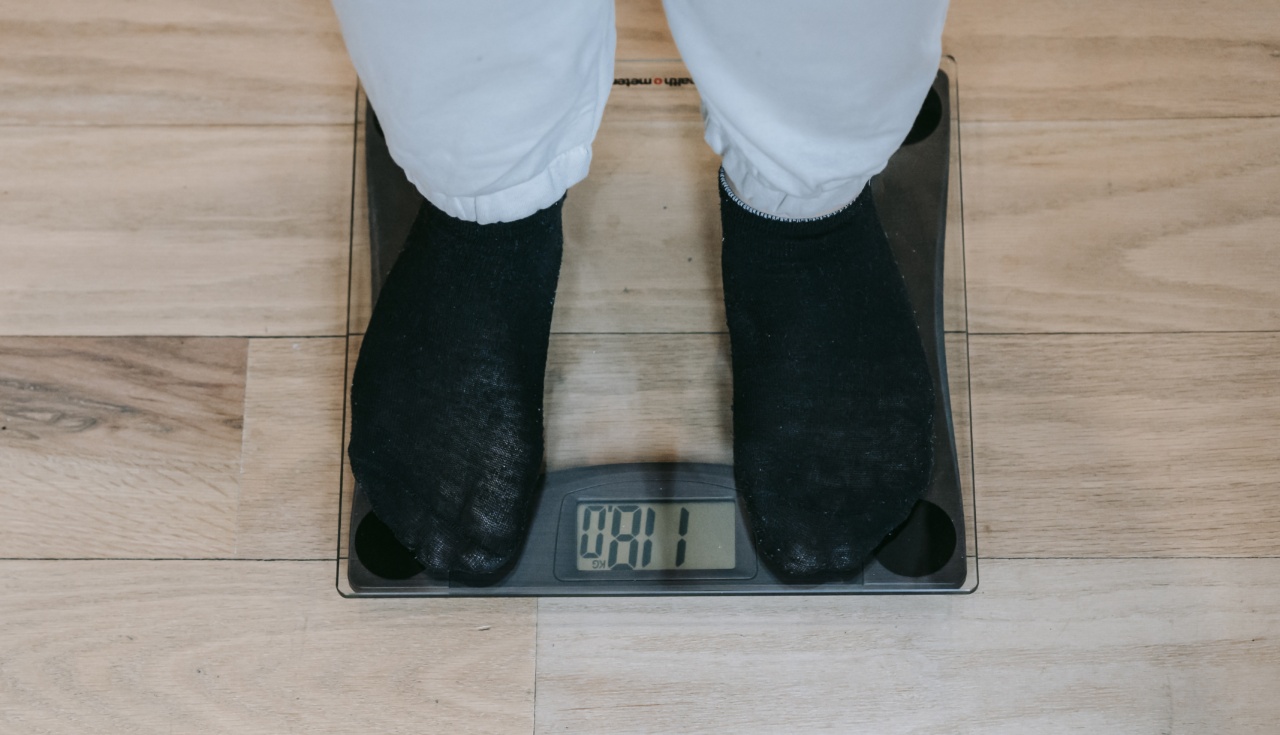Calorie-free sweeteners have gained popularity among weight-conscious individuals as a means to satisfy their sweet tooth without the added calories.
These artificial sweeteners offer a low-calorie or calorie-free alternative to sugar, making them an attractive option for those looking to shed some pounds. However, the safety and efficacy of these sweeteners for weight loss have been heavily debated. In this article, we’ll explore the various aspects of calorie-free sweeteners and their impact on weight loss.
Understanding Calorie-Free Sweeteners
Calorie-free sweeteners, also known as artificial sweeteners or non-nutritive sweeteners, are synthetic substances that are many times sweeter than regular sugar. They provide sweetness without contributing significant calories to our diets.
Some common examples of calorie-free sweeteners include aspartame, sucralose, and stevia.
The Role of Calorie-Free Sweeteners in Weight Loss
One of the primary reasons people turn to calorie-free sweeteners is their potential to aid in weight loss. By replacing sugar with these sweeteners, individuals can reduce their overall calorie intake while still satisfying their sweet cravings.
However, the concept of using artificial sweeteners as a weight loss tool is not without controversy.
Controversies Surrounding Calorie-Free Sweeteners
While many studies suggest that calorie-free sweeteners can be a helpful tool for weight loss, there are also conflicting reports that raise concerns.
Some critics argue that the intense sweetness of artificial sweeteners can lead to cravings for more sugary foods, potentially derailing weight loss efforts. Additionally, there are concerns about the long-term health effects of consuming these synthetic substances.
Evaluating Safety and Potential Health Risks
Artificial sweeteners go through rigorous testing before being approved for use by regulatory authorities, such as the U.S. Food and Drug Administration (FDA) and the European Food Safety Authority (EFSA).
These authorities have established acceptable daily intake levels for different artificial sweeteners to ensure safety.
However, there have been some studies linking calorie-free sweeteners to potential health risks.
For example, some research suggests a correlation between artificial sweetener consumption and an increased risk of metabolic disorders, such as type 2 diabetes and obesity. Nonetheless, the evidence remains inconclusive, and more research is needed to fully understand the long-term effects of these sweeteners on human health.
The Impact on Cravings and Appetite
A common concern is whether using calorie-free sweeteners can impact cravings and appetite.
Some studies suggest that artificial sweeteners may not satisfy the brain’s reward center in the same way as sugar, potentially leading to increased cravings and overeating. However, other studies indicate that these sweeteners can help reduce overall calorie intake by providing a sweet taste without the extra calories.
Individual Factors to Consider
When determining the suitability of calorie-free sweeteners for weight loss, it’s important to consider individual factors.
People may respond differently to artificial sweeteners due to variations in taste preferences, genetics, and metabolic rates. Some individuals may find that these sweeteners help them achieve their weight loss goals, while others may not experience the same benefits.
The Importance of Moderation
Like any other food or ingredient, moderation is key when consuming calorie-free sweeteners.
While they offer a low-calorie alternative to sugar, relying heavily on artificial sweeteners can limit our exposure to natural sources of sweetness and potentially lead to an imbalanced diet. It’s essential to strike a balance and incorporate a variety of foods to ensure optimal nutrition.
Alternative Strategies for Weight Loss
Weight loss is a complex journey that goes beyond the simple substitution of sugar with calorie-free sweeteners.
It’s crucial to adopt a holistic approach to weight management that includes a balanced diet, regular physical activity, and a healthy lifestyle. Emphasizing whole foods, portion control, and mindful eating habits can contribute to sustainable weight loss.
Consulting with a Healthcare Professional
If you are considering incorporating calorie-free sweeteners into your weight loss plan, it’s advisable to consult with a healthcare professional or registered dietitian.
They can provide personalized guidance based on your specific health needs, preferences, and goals.
Conclusion
Calorie-free sweeteners can be a useful tool for weight management when used in moderation.
While controversies and concerns exist, current research suggests that these artificial sweeteners can help reduce overall calorie intake and assist in weight loss efforts. However, individual responses may vary, and it’s important to consider a variety of factors when deciding whether to include them in your journey towards a healthier weight.


























